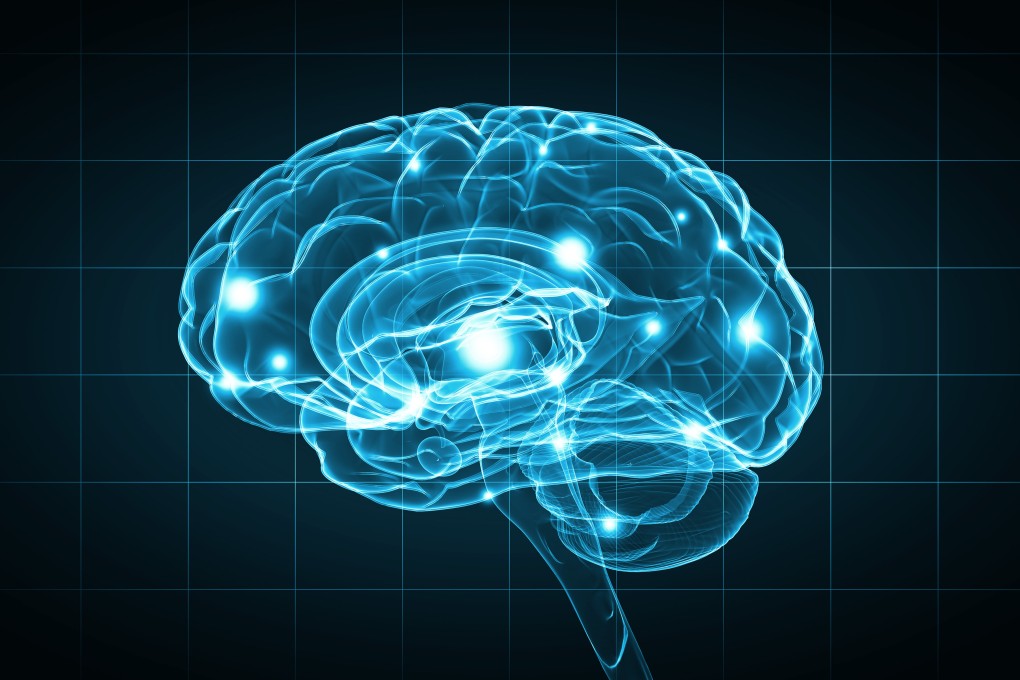Human brain gene improves learning and memory skills of mice, study finds
- Research could provide insight into how brain develops and potentially into treatment for intellectual disability, Chinese team says
- They found the genetically altered animals had more neural stem cells during neural development and better neuron activity

Chinese scientists say they have introduced a human brain gene into mice, which resulted in improved learning and memory skills in behavioural tests.
The study could provide insight into how the brain develops and potentially into treatment for intellectual disability, according to the research team from the State Key Laboratory of Stem Cell and Reproductive Biology at the Chinese Academy of Sciences’ Institute of Zoology in Beijing.
Their findings were published in the peer-reviewed journal Cell Discovery on November 22.
The team, led by Professor Jiao Jianwei, said they had been looking at the connection between human intelligence and the structure of the brain.
They were particularly focused on the cortex – or outer layer – of the brain. It plays an important role in consciousness and is believed to contribute to higher cognitive functioning such as attention, thought, perception and episodic memory.
Its many folds have given humans and many “higher mammals” the intelligence to cope with more complex issues. The wrinkled cortex can contain billions of neurons in a limited cranial space, and these can form large-scale neural circuits that increase intelligence.
Cortical folding is regarded as key to brain development, but the molecular and cellular mechanisms of this process have remained unclear.
Jiao’s team wanted to find out more after their previous research identified the human gene SERPINA3 as a potential candidate associated with cortical expansion.